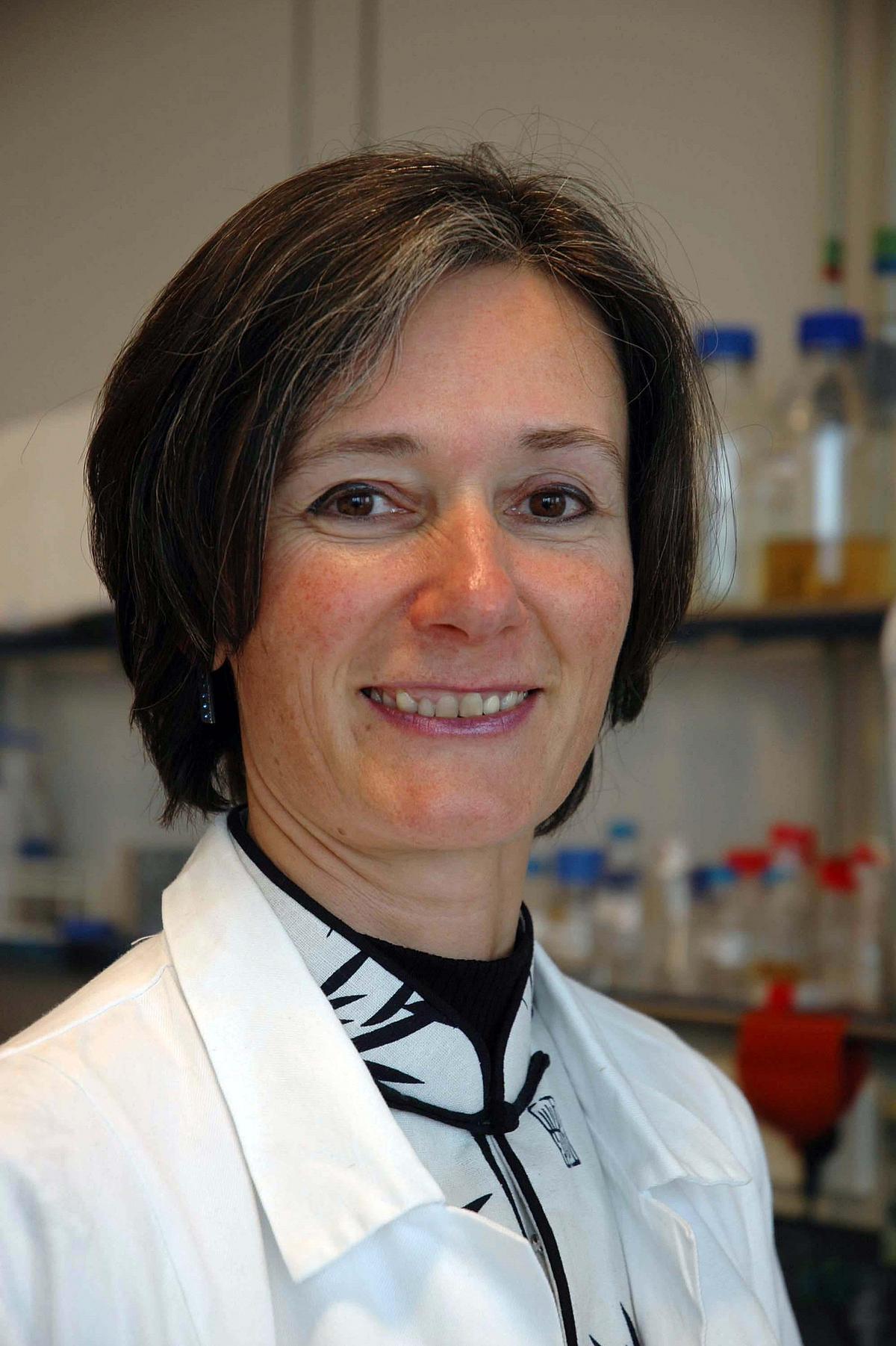We localize tagged bacteria in roots, analyze gene expression and functions of genes for cooperation
Molecular plant-microbe interactions

Molecular endophyte - plant interactions, Azoarcus olearius – rice model

Molecular microbial ecology: Diversity and functions of root – associated bacteria
We analyze diversity and functions of microbes by molecular methods and cultivation

Rhizobial symbionts for sustainable agriculture in Africa
We characterize N2-fixing root nodule symbionts to improve sustainable plant production in Southern Africa

NAA – Nucleic Acid Analysis Facility of the Faculty 2
Led by Dr. Rolf Nimzyk, Dr. Thomas Hurek. Illumina MiSeq platform
Welcome!
Molecular plant-microbe interactions
Microbes are the key players for many processes on earth. Bacterial nitrogen fixation plays an important role in terrestrial ecosystems, reaching approximately the same amount of N2 fixed which is industrially reduced as fertilizer. Our mission is to unravel the ways how plants and bacteria cooperate in beneficial interactions.

Contact
Group leader
Prof. Dr. Barbara Reinhold-Hurek
Phone: +49 421 218-62860
Sekretary
Laboratory of General Microbiology
Molecular plant-microbe interactions
Faculty 2, Biology, University of Bremen
Leobener Straße 5
Phone: +49 421 218-62861
Fax: +49 421 218- 2873
Bacteria for sustainable use of African teak in Africa
Our resarch in Southern Africa revealed bacterial species that may help to cultivate the popular African teak tree (Pterocarpus). This is an important contribution to more sustainable local use of the valuable timber.
more
BonaRes: Soil as sustainalble resource for the bioeconomy
CATCHY project, part of BoNaRes
The main objective is to employ catch cropping for developing innovative farming systems to preserve and improve soil fertility. We aim to develop a better understanding of cause-effect relationships affecting soil fertility parameters, biological functions and interactions in soil and rhizosphere. This could also contribute to an enhancement of marginal locations. Therefore, the focus of CATCHY is on catch cropping considered as an essential part of an integrated concept. This functional orientation is supplemented with an agronomic and economic management interaction.
moreInternational Congress of Nitrogen Fixation
Chair of the International Steering Committee
Prof. Barbara Reinhold-Hurek
ICNFprotect me ?!uni-bremenprotect me ?!.de
more
